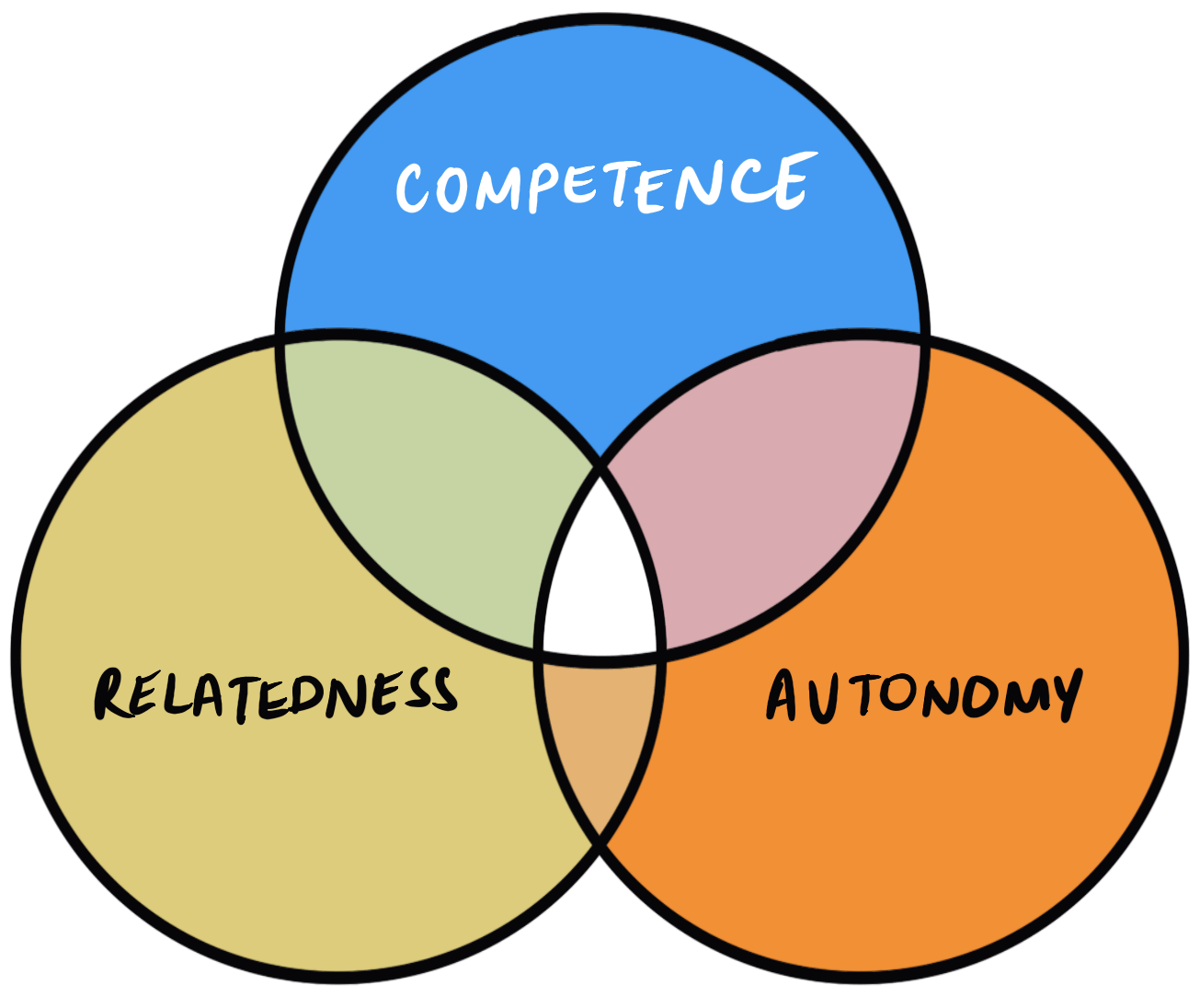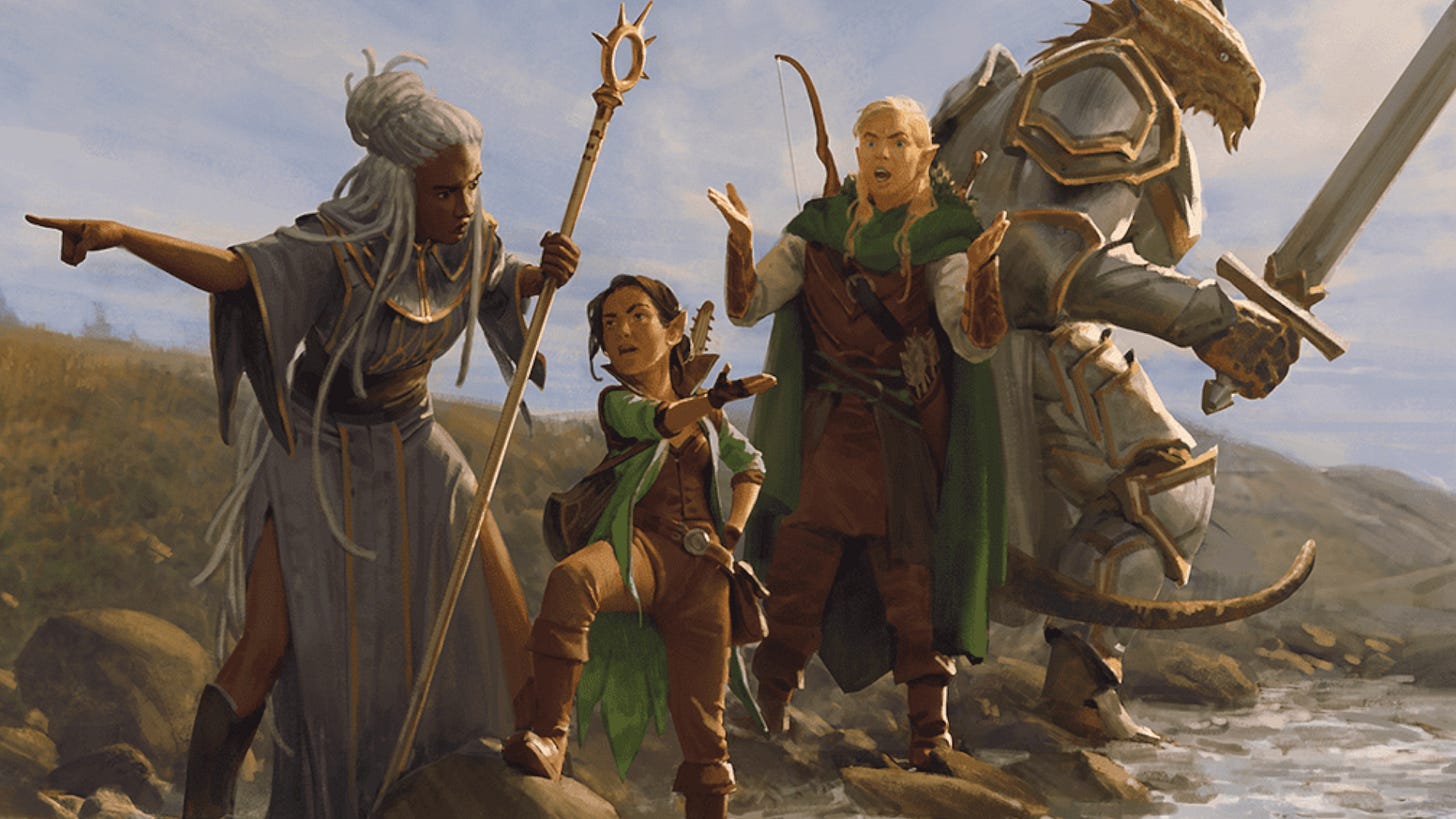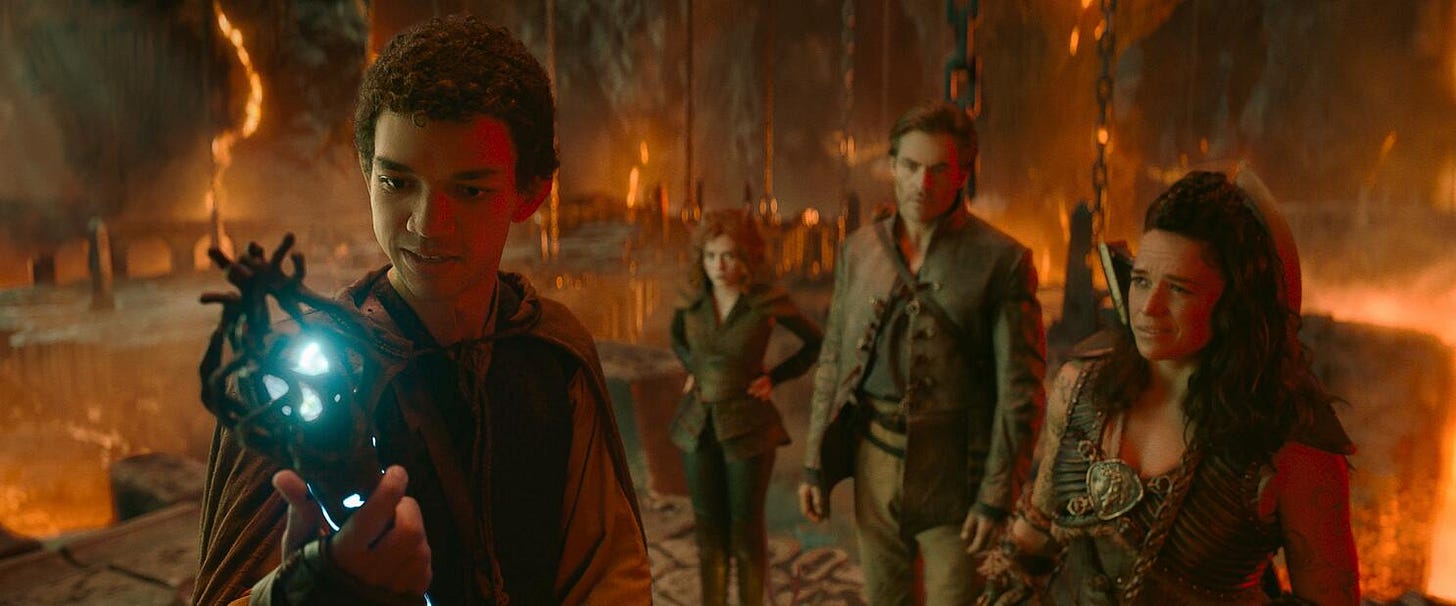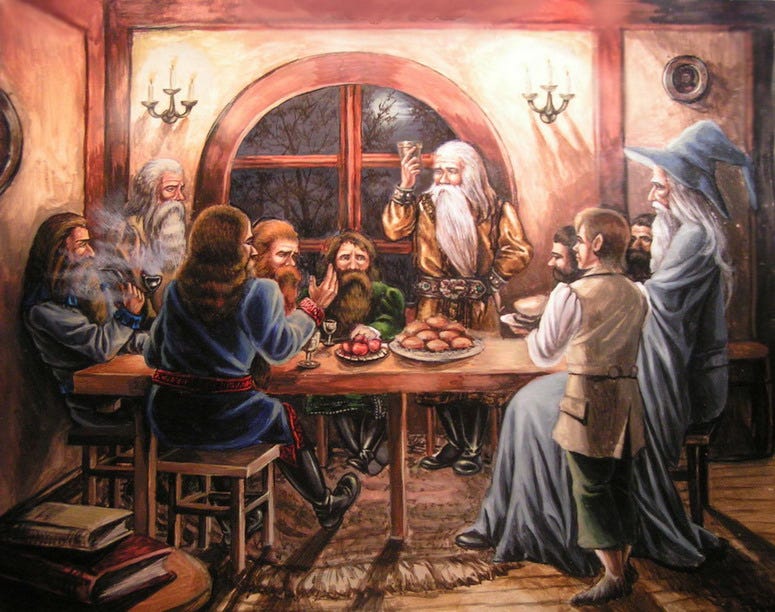Playing with Motivation: Self-Determination Theory at the Table
Series: Reflections from the Table
Last week, I sat in on another session of the ongoing Wellness course at work. This time the spotlight was on Self-Determination Theory (SDT), a psychology framework that cuts past carrots, sticks, and cash to get at what really fuels people: meaning. As I turned it over afterward, it struck me that SDT isn’t just about how we move through the world. It consists of three pillars, autonomy, competence, and connection, and these line up almost perfectly with the dynamics that make a game table come alive.
According to SDT, people thrive when three needs are met autonomy (one’s sense of choice and agency), competence (feeling effective and capable), and relatedness (feeling connected to others). When these needs are satisfied, motivation tends to be intrinsic. We play, learn, and grow for the joy of it. When they’re blocked, the experience turns flat, forced, or empty.
These same forces are in play every time we sit down for a game. Can you relate?
Autonomy: More than Just Player Choice
In RPGs, autonomy isn’t just about having lots of options; it’s about meaningful options. Does the party really shape the story? Can a player’s decision alter the outcome, or does it always funnel back to the GM’s plan? At the best tables, players are co-authors: their investigator’s reckless bargain, their cleric’s stubborn mercy, or even their bard’s poorly timed song has real consequences. Autonomy is what transforms a prewritten scenario into a living, breathing story. It is that critical component that we identify and examine as player agency. A successful GM must be an advocate and champion for each player’s autonomy.
Competence: Challenge, Failure, and Growth
Competence isn’t about always winning. It’s about feeling like your choices matter and your skills can grow. A puzzle that’s too opaque, a combat that drags, or a mystery with only one brittle solution undermines competence. But when a group wrestles with a challenge, failing or succeeding, they should walk away feeling capable. Even a total party wipe can satisfy competence if it feels earned, if the dice and the fiction both told them, this mattered here. A supportive and mindful GM helps identify the meaning in an apparent failure by creating moments in and out of the game, by framing disasters as narrative triumphs, and holding space for a catastrophic loss.
Relatedness: Why We Keep Coming Back
At its heart, roleplaying is a social art. Relatedness is the glue for a successful table. It can be found in the laughter, the in-jokes, and the solemn silences when something hits too close to home. Characters may squabble, but players need connection. Good GMs cultivate it with space for spotlight-sharing, safety tools, and rituals of welcome. Good players nurture it by listening generously, building on each other’s ideas, and celebrating one another’s moments of triumph. Relatedness is the how and why the experience shifts from merely a game to our story.
Why It Matters
So what does all this psychological jargon mean for the table? For me, it’s a reminder that roleplaying isn’t just about plot beats or tactical balance. It’s about tending the motivational ecosystem of the group with these three basic ingredients. If players have meaningful agency, if challenges are calibrated to growing competence as players and characters, and if connections are strengthened along the way, the game will thrive. And when those things falter—railroading, endless confusion, social friction—we can perform a spot check, name the need that’s been thwarted, and adjust.
Self-Determination Theory offers us a lens for design, GMing, and play. It reminds us that games aren’t only escapes and diversion, they’re practice grounds for the same psychological needs that shape our real lives. Around the table, we get to rehearse autonomy, competence, and relatedness in playful, perilous, and sometimes profound ways. This is magic worth chasing.
How have you fostered these three needs at your table as player or GM?





